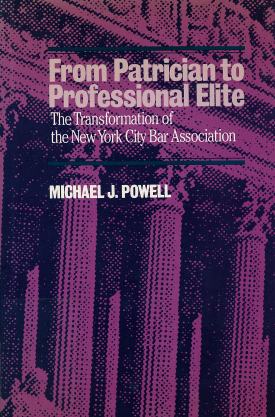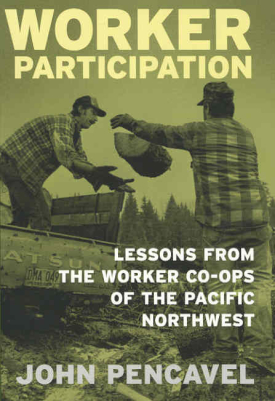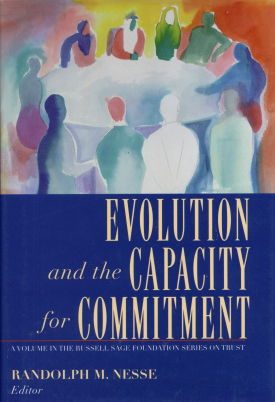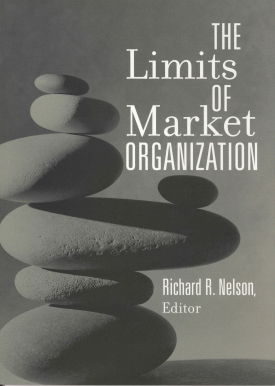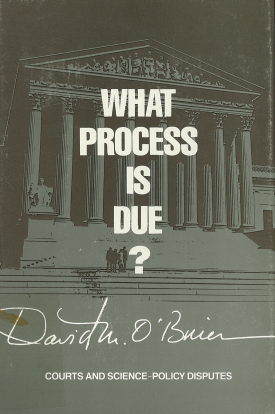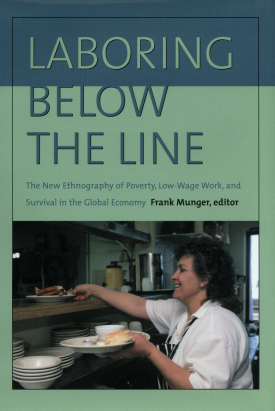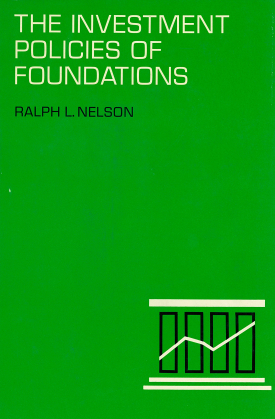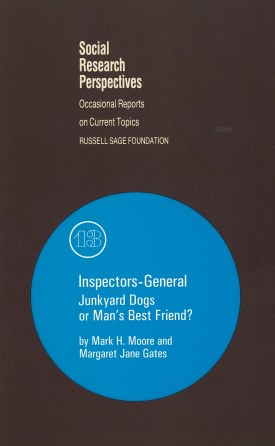
Do Prisons Make Us Safer?
About This Book
The number of people incarcerated in U.S. prisons and jails more than quadrupled between 1975 and 2005, reaching the unprecedented level of over two million inmates today. Annual corrections spending now exceeds 64 billion dollars, and many of the social and economic burdens resulting from mass incarceration fall disproportionately on minority communities. Yet crime rates across the country have also dropped considerably during this time period. In Do Prisons Make Us Safer? leading experts systematically examine the complex repercussions of the massive surge in our nation’s prison system.
Do Prisons Make Us Safer? asks whether it makes sense to maintain such a large and costly prison system. The contributors expand the scope of previous analyses to include a number of underexplored dimensions, such as the fiscal impact on states, effects on children, and employment prospects for former inmates. Steven Raphael and Michael Stoll assess the reasons behind the explosion in incarceration rates and find that criminal behavior itself accounts for only a small fraction of the prison boom. Eighty-five percent of the trend can be attributed to “get tough on crime” policies that have increased both the likelihood of a prison sentence and the length of time served. Shawn Bushway shows that while prison time effectively deters and incapacitates criminals in the short term, long-term benefits such as overall crime reduction or individual rehabilitation are less clear cut. Amy Lerman conducts a novel investigation into the effects of imprisonment on criminal psychology and uncovers striking evidence that placement in a high security penitentiary leads to increased rates of violence and anger—particularly in the case of first time or minor offenders. Rucker Johnson documents the spill-over effects of parental incarceration—children who have had a parent serve prison time exhibit more behavioral problems than their peers. Policies to enhance the well-being of these children are essential to breaking a devastating cycle of poverty, unemployment, and crime. John Donohue’s economic calculations suggest that alternative social welfare policies such as education and employment programs for at-risk youth may lower crime just as effectively as prisons, but at a much lower human cost. The cost of hiring a new teacher is roughly equal to the cost of incarcerating an additional inmate.
The United States currently imprisons a greater proportion of its citizens than any other nation in the world. Until now, however, we’ve lacked systematic and comprehensive data on how this prison boom has affected families, communities, and our nation as a whole. Do Prisons Make Us Safer? provides a highly nuanced and deeply engaging account of one of the most dramatic policy developments in recent U.S. history.
STEVEN RAPHAEL is professor of public policy at the University of California, Berkeley.
MICHAEL A. STOLL is professor and chair of public policy in the School of Public Affairs, University of California, Los Angeles.
CONTRIBUTORS: Shawn D. Bushway, John J. Donohue III, John W. Ellwood, Joshua Guetzkow, Harry J. Holzer, Rucker C. Johnson, Amy E. Lerman, Raymond Paternoster, Steven Raphael, Michael A. Stoll, David F. Weiman, and Christopher Weiss

